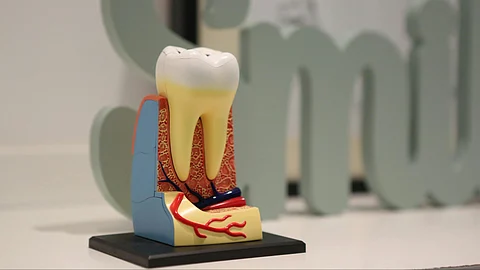Here’s the one everyone wants to know: Does a root canal hurt?
The short answer is: not in the way you think.
Because of local anesthesia and advancements in the procedure, most patients reported that getting a root canal felt about the same as having a cavity filled. You may feel pressure or slight discomfort during the procedure, but it shouldn’t be painful.
Moreover, the procedure is pain-reducing. And the pressure, swelling or nagging ache that brought you to the dentist in the first place should resolve soon after treatment.
Worried about what comes after? You can expect a little soreness for a few days, especially if the infection was bad. Over-the-counter painkillers tend to work to control this. If necessary, your dentist may also prescribe oral antibiotics to minimize infection.
Still unsure? A good way to calm your nerves is going and seeing someone experienced. Google a reliable root canal near me and make an appointment to talk about your symptoms and treatment plan.


